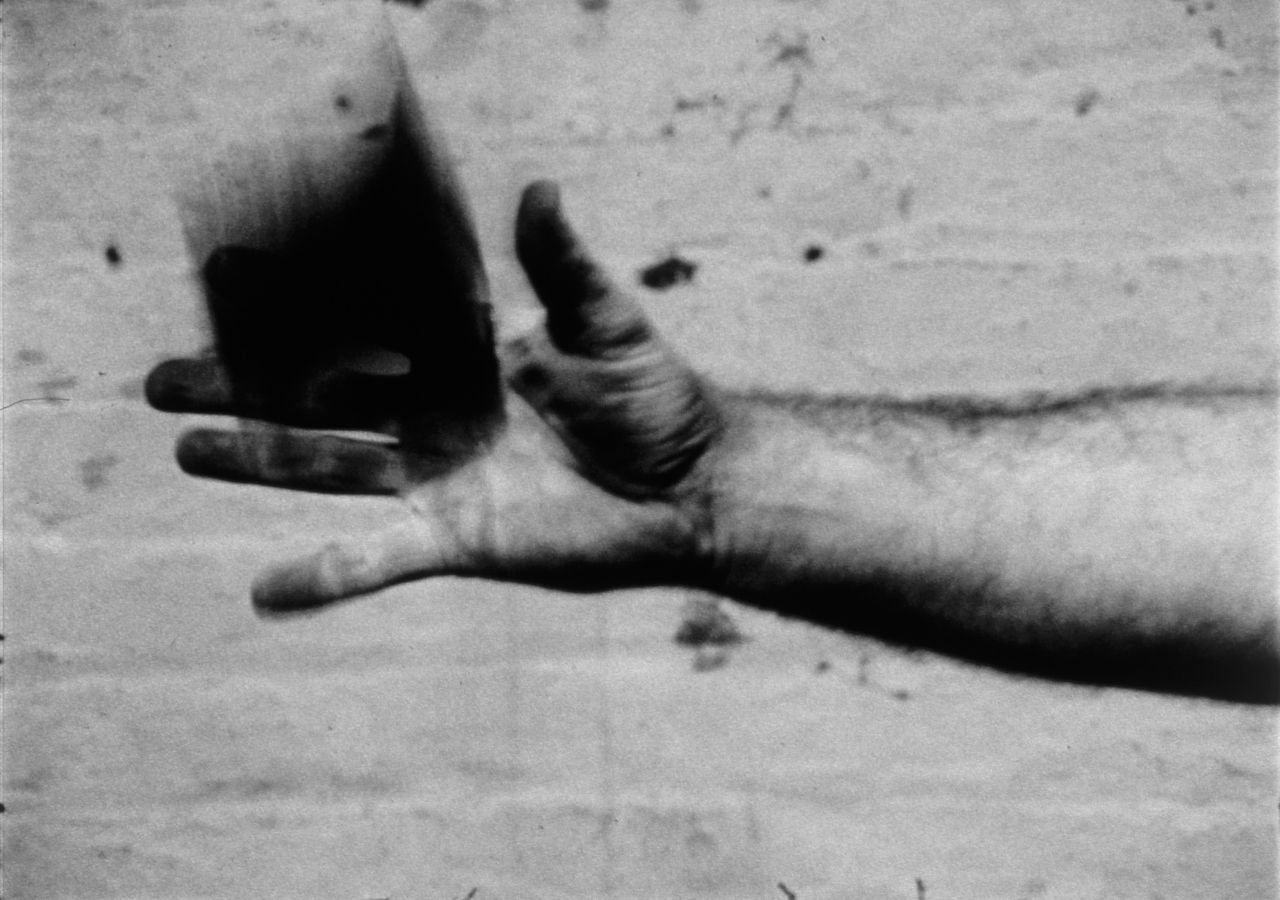Richard Serra
Biography
Richard Serra is an American artist known for his large-scale sculptures made for site-specific landscape, urban, and architectural settings. Since his emergence in the mid-1960s, Serra has worked to radicalize and extend the very definition of sculpture, beginning with his early experiments with rubber, neon, and lead, to his celebrated large-scale steel works. Across media, Serra’s work offers a meditation on the relationship between the human body and its historical, embodied relationship to raw materials. From 1968 to 1979 Serra made a collection of films and videos in collaboration with several artists including Joan Jonas, Nancy Holt, and Robert Fiore. Although he began working with sculpture and film at the same time, Serra recognized the different material capacities of each and did not extend sculptural problems into his films and videos.
Serra’s first films, Hand Catching Lead (1968), Hands Scraping (1968) and Hand Tied (1968) involve a series of actions: a hand tries to catch falling lead; pairs of hands move lead shavings; and bound hands untie themselves. A later film, Railroad Turnbridge (1976), frames the surrounding landscape of the Willamette River in Portland, Oregon, as the bridge turns. Steelmill/Stahlwerk (1979), made in collaboration with the art historian Clara Weyergraf, is divided into two parts. The first part is made up of interviews of German steel-factory workers about their work. The second part captures the forging of Serra's sculpture Berlin Block (for Charlie Chaplin) (1977).
Serra began showing his work with Leo Castelli in 1968, and his first solo exhibition in New York was held at the Leo Castelli Warehouse the following year. His first solo museum exhibition was held at the Pasadena Art Museum, California, in 1970. Two retrospectives of his sculpture and drawings have been held at the Museum of Modern Art, New York: Richard Serra/Sculpture (1986) and Richard Serra Sculpture: Forty Years (2007). A major traveling retrospective dedicated to Serra’s drawings was presented at the Metropolitan Museum of Art, New York, San Francisco Museum of Modern Art, and the Menil Collection, Houston, from 2011 to 2012.
Survey exhibitions and screenings of his films were held at the Kunstmuseum Basel, Switzerland in 2017; Anthology Film Archives, New York, October 17–23, 2019; and Harvard Film Archive, January 27 – February 9, 2020. In 2019 Serra donated his entire film and video works to The Museum of Modern Art in New York.
Richard Serra was born in 1938 in San Francisco. He lived and worked in New York City, Cape Breton, and later the North Fork of Long Island, where he died in 2024.
